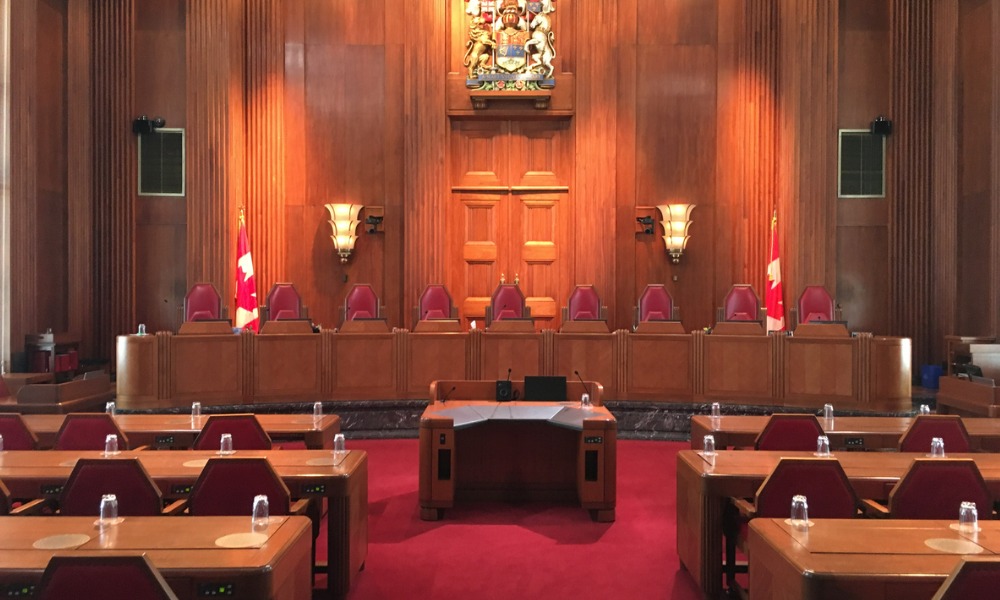Federal Court of Appeal also heard cases on quarantine orders and discrimination due to disability

The Supreme Court of Canada tackled the issue of subjective expectation of privacy of an individual’s IP address that was traced by the police, and the jurisdiction of the FMAT in stock price manipulation. The Federal Court of Appeal also heard cases on constitutionality of quarantine orders and alleged discrimination due to disability.
Supreme Court of Canada heard two notable cases this week.
In Frederick Langford Sharp, et al. v. Autorité des marchés financiers, et al., British Columbia residents, appellants, were alleged to have participated in a transnational pump and dump scheme, manipulating the value of a Nevada company’s stock. The Autorité des marchés financiers brought an action before the FMAT to order the appellants to cease any activity in securities transactions. The appellants first sought declinatory exceptions that FMAT was without jurisdiction. The FMAT, lower court, and appellate court all ruled that the FMAT had jurisdiction. Hence this appeal.
In Andrei Bykovets v. His Majesty the King (Alberta), the appellants were convicted of purchasing virtual gift cards using fraudulent credit card information. Police traced IP addresses of the transactions and arrested the residents associated with the address. The appellants’ main argument at trial was that tracing their IP address was a violation of their Charter rights. The trial judge ruled that a subjective expectation of privacy in an individual’s IP address was not objectively reasonable. Hence, the appeal.
Federal Court of Appeal heard three notable cases this week.
Both Keean Bexte v. Attorney General of Canada, A-191-21, and Dominic Colvin v. AGC, A-193-21 concern the constitutionality of a Quarantine Order that was alleged to violate the Charter. Jensen Shawa Solomon Duguid Hawkes LLP represented Bexte. Rath & Company represented Colvin.
In Nilesh Shreedhar v. Attorney General of Canada, A-46-22, the appeal concerned a labor arbiter’s decision on a complaint filed by an employee for alleged discrimination due to disability. The employee sought grievance against his employer alleging that he had demoted him due to his disability. The adjudicator that allowed grievances as to the demotion in the form of damages retroactive to the date of the grievance hearing. The employee alleged that damages should be retroactive to the date of demotion.










